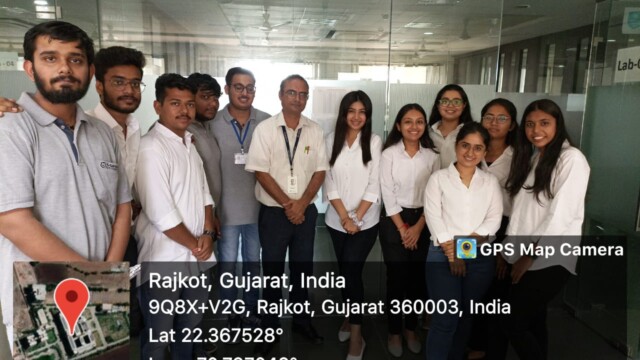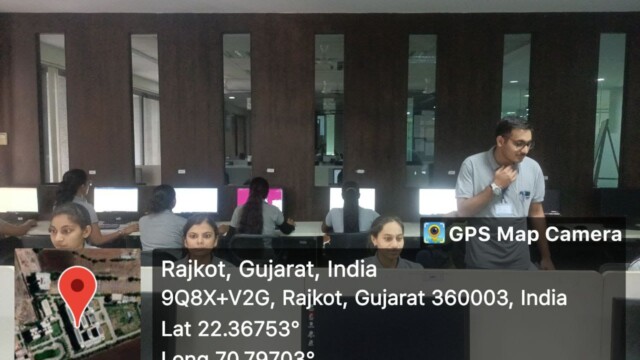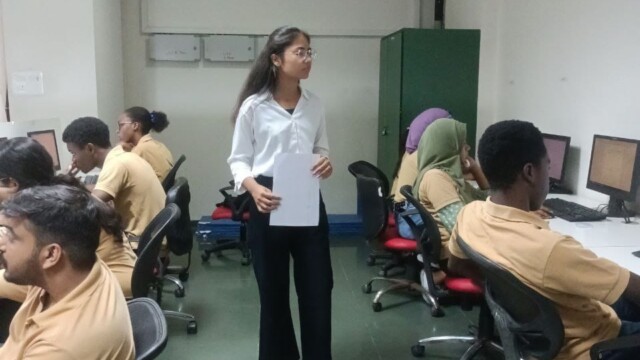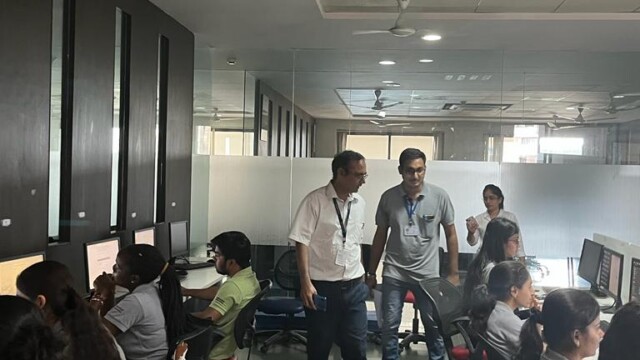Wondering whether a diploma or degree suits your career dreams? Not sure which path aligns with your ambitions? Diploma or degree – it’s not just a choice; it’s a personalized journey sculpted by individual aspirations. Deciding between a diploma and a degree depends on what you want for your career. Both are good for learning, but degrees give you a deeper understanding. It’s like choosing your own adventure—diplomas for a focused start, degrees for a more in-depth exploration. Marwadi University offers the best education in diploma and degree courses in Rajkot.
Eager to know which academic journey best fits your dreams? Let’s evaluate different aspects of this in this blog.
What is a Diploma Course?
A diploma is like a badge you get from technical schools or community colleges. It shows you finished a short program focusing on specific skills for a job. Unlike degrees, which take longer, diplomas usually last a few months to two years. They’re all about hands-on training and practical skills. So, if you’re looking for a quicker, more focused way to learn and jump into a specific job, a diploma could be your thing. It’s not just a piece of paper; it’s your ticket to hands-on expertise in a short time!
Diplomas are like special keys for hands-on jobs such as fixing cars, cooking, designing, graphic designing, helping in medical tasks, etc. They teach you the skills you need to start working right away. But, these jobs might have fewer chances to move up without a degree.
Ready to dive into your dream diploma? Choose MU for the best diploma courses in Rajkot!
Benefits of Diploma Course
-
Practical Skills
Dive into hands-on learning, gaining practical skills directly applicable to specific industries or professions.
-
Shorter Duration
Complete your diploma quicker than a degree, entering the workforce sooner for potential career advancement.
-
Cost-effective
Achieve your education goals without breaking the bank. MU’s diploma programs provide a practical education that’s affordable, ensuring you invest in your future wisely.
-
Industry Relevance
Tailored to specific industries, diplomas ensure graduates possess job-specific skills and knowledge that are in high demand.
-
Quick Entry to Workforce
Diplomas offer a swift entry into the job market, providing a direct pathway to employment with practical expertise.
You can also opt for a degree programme after completing a diploma course in a particular subject.
What is a Degree Course?
A degree is like a special badge you get from colleges or universities after finishing a study program. Degree programmes are more intense and need more studying of theories, thinking hard, and doing research. In these programmes, you do lots of things like listening to lectures, joining discussions, doing assignments, taking tests, and working on research projects.
It shows you’re really good at something. Especially a bachelor’s degree or higher, it opens up a lot of different job options. Some jobs need this kind of special degree because they require a lot of knowledge. So, a degree isn’t just a piece of paper—it’s a key to many exciting opportunities!
Dive into your dream degree course at MU, being one of the best engineering colleges in Rajkot, Gujarat!
Types of Degree Courses
Some of the main types of degree courses offered by educational institutions are as below:
- Bachelor’s Degree (Undergraduate Degree)
- Master’s Degree (Post-graduate Degree)
- Doctoral Degree (PhD or Doctorate)
Benefits of Degree Course
-
Diverse Career Paths
Degrees open doors to a wide array of career options, allowing for flexibility and exploration in various industries.
-
Higher Income Potential
With a degree, you increase your chances of securing higher-paying jobs and potentially earning a more competitive salary throughout your career.
-
In-Depth Knowledge
Education in the degree course provides comprehensive and specialized knowledge in a specific field, equipping you with a deep understanding of your chosen subject.
-
Networking Opportunities
College life facilitates connections with peers, professors, and alumni, expanding your professional network for future collaborations and job opportunities.
-
Personal Development
A degree programme fosters personal growth, critical thinking, and problem-solving skills, contributing to your overall development and adaptability in a rapidly evolving job market.
Conclusion
To conclude, let’s say that diploma courses get you into work fast, while degree courses open up more possibilities for your career. It’s like choosing between a quick start or aiming for bigger opportunities down the road. If you’re interested in a particular field and want a head-start to your career, you can opt for a diploma right after your 10th standard. You can always go for a degree after completing diploma. But if you want to keep your options open then you can choose a degree course, offering diverse career options for your future.
It’s not just about qualifications; it’s about picking the path that fits your future plans. Your choice, your goals, your learning journey—make it your own



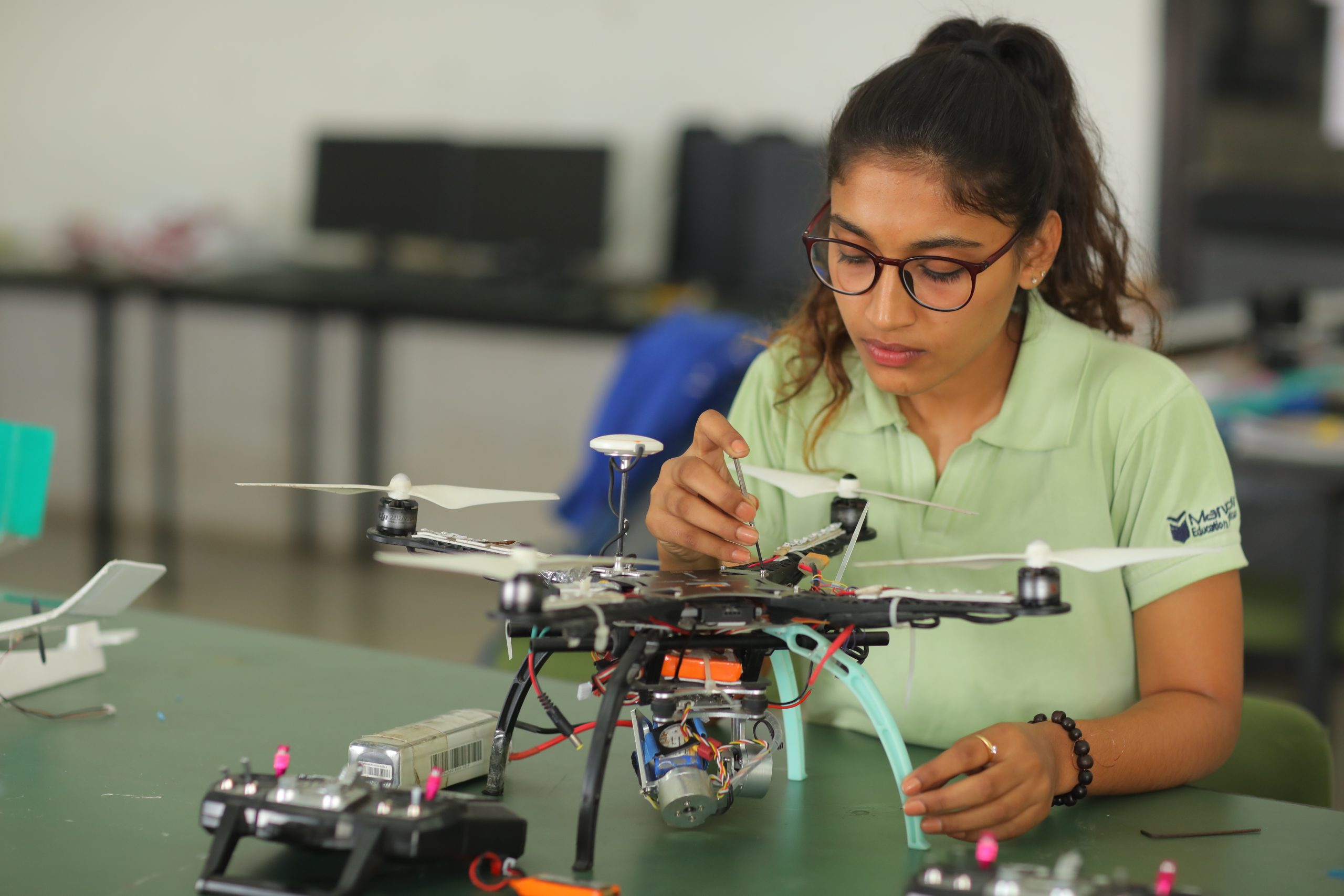

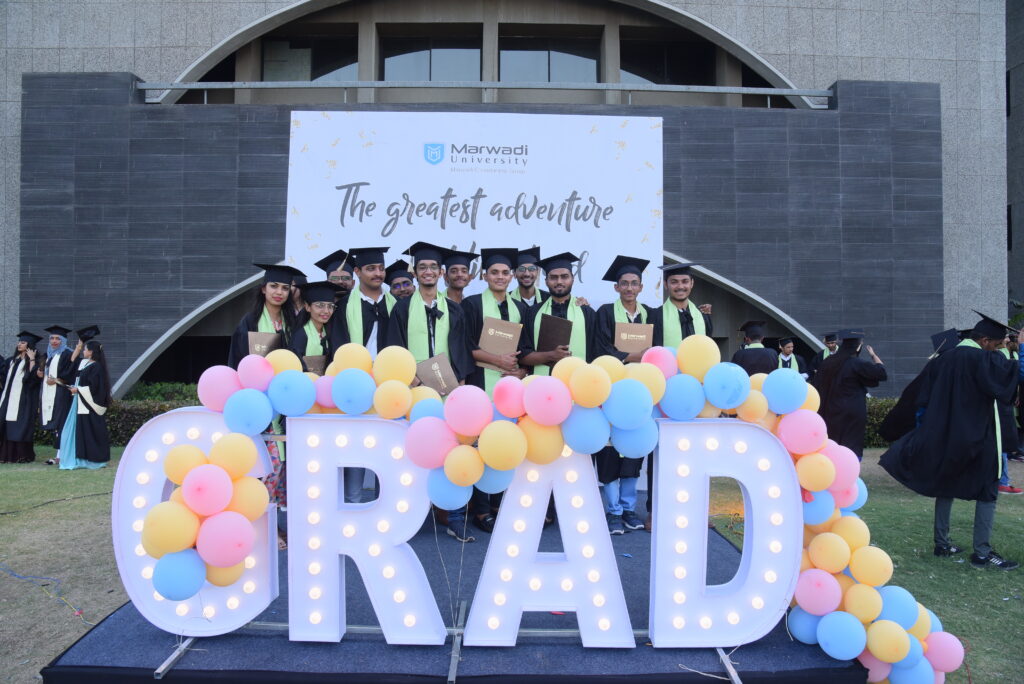


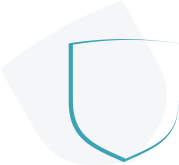







 International Airport
International Airport  Railway Station
Railway Station  GSRTC Bus Port
GSRTC Bus Port 